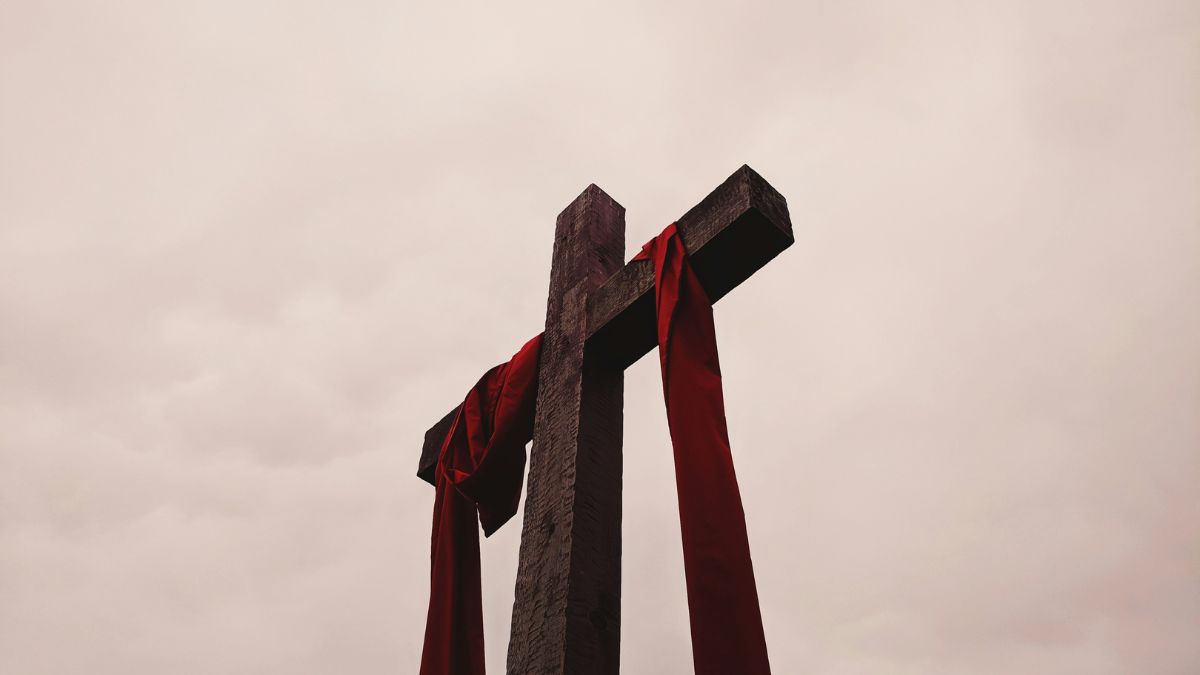

BreakPoint
Academic Freedom for Whom?
Should college teachers be allowed to speak freely in the classroom about their personal beliefs? If you're a feminist professor, or a Marxist professor, the answer is, of course. That's what academic freedom is all about: professors being free to teach students all viewpoints, including their own. But when it comes to professors who are Christian, academic freedom is often replaced by conceptual shackles. Consider the case of Phillip Bishop, who teaches classes in exercise physiology at the University of Alabama. Bishop makes no secret of his religious views: He tells students he believes the human body was designed by God and is not the product of naturalistic evolution. Students who want to hear more are invited to attend a voluntary, after-hours meeting to discuss what Bishop calls "evidences of God in human physiology." Or rather, I should say he used to do all this. But when a handful of students complained, the university ordered Bishop to cease and desist from making any comments about his faith. Bishop challenged the restrictions in federal court, and at first he was successful. The court noted that the restrictions were aimed only at religious speech and not any other forms of speech. Besides, several professors testified that it was common practice to share their personal views with students, and that the university had never objected before. The court concluded that the university's actions toward Bishop amounted to unconstitutional "viewpoint discrimination." The decision rested on a crucial distinction: The university claimed that Bishop was introducing a new subject into his course, namely, religion. The court said, no, he's merely discussing a new viewpoint on an existing subject: namely, a Christian viewpoint on human physiology. And academic freedom means a university may not discriminate against any viewpoint. Nevertheless, the university appealed the decision, and it was overturned by a higher court. The Supreme Court declined to grant a hearing in the case, which means the university's restrictions on Bishop still stand. The story is told in Phillip Johnson's new book Reason in the Balance, and it shows how important it is for Christians to redefine the very terms we use in framing the debate over public education. We're not trying to get a new subject—religion—introduced into public school classrooms. Instead, we want the freedom to present a Christian perspective on subject matter already in the classroom— whether science classes or family living and sex education. Debates can be won or lost by the way views are classified. If a Christian view on a subject is labelled "religion," it can be marginalized, banned from the classroom, relegated to the private sphere, where it has no power to affect our national culture. But if a Christian perspective is categorized as simply one viewpoint on an accepted subject matter, then to ban it is to practice viewpoint discrimination. Learn how to make the case in your own children's school by reading Johnson's book Reason in the Balance. Christian teachers ought to enjoy the same academic freedom as feminists and Marxists.
09/27/95















